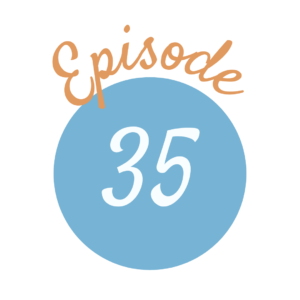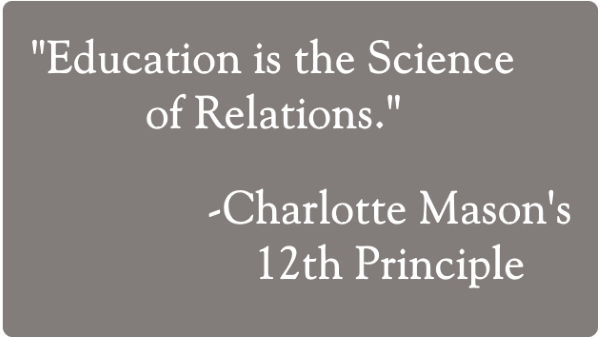
This podcast episode on the Charlotte Mason method of education focuses on some listener questions, notably, what to do about dawdlers, how to motivate apathetic students, and a couple of particulars about implementing history lessons.
Listen Now:
“Education is a life; that life is sustained on ideas; ideas are of spiritual origin; and, ‘God has made us so’ that we get them chiefly as we convey them to one another. The duty of parents is to sustain a child’s inner life with ideas as they sustain his body with food.” (Vol. 2, p. 39)
String, Straightedge, and Shadow
The Boy Who Harnessed the Wind
Stillwell and the American Experience in China
(Contains affiliate links)











Great podcast, gals!!! Bless your weekend! 🙂
I get so excited when I see that there is a new podcast! Thank you so much!
Loved the part of world history and the idea that extra reading could encompass this some. it is hard not to want them to read so many other books and see other places, but I get what you say about really knowing a society. I had found a book on the building of the railroad from a Chinese boy's perspective and loved it. it covered US history, but so much culture I was not familiar with it tied the two nicely together and showed how we are not isolated nations, but how we interact and do not always understand each other.
As always, a great podcast.
Thanks, Amy!
We get excited too. Enjoy!
Laurie,
You are so right that "It is hard not to want them to read so many other books" and it takes great restraint on our part not to overfeed our children. Still, as you read these books, your comments and enthusiasms about ideas you are thinking about will not only add to a child's knowledge that knowledge is delightful, tantalizingly illimitable in its extent, but your children will crave to read so many more of those "other books" than you could desire. Time and patience. When Emily was cataloguing biographies for our extensive library, she made the understated comment, "There are just so many people in the world to know," and so we agree with you and we do understand we cannot possibly cover "everything" and fill every possible realm of knowledge for the children This is why we set them in the path of life–they have all life before them in which to discover.
-Liz
When a child is starting to get distracted and you end the lesson early, do you come back to it at the end of the day? Or is that lesson over for the day?
Katie,
Just think how quickly a child would learn to get distracted with a lesson he dislikes in order to miss it for the day! I'm sure you've considered that and that's why you're asking. Ideally, stop even before the child is distracted, at your first hint that distractability is about to occur. You don't have to return at the end, though that is preferable to skipping it altogether, but could just do the next lesson and then return. It is a challenge to bring a child to the point of exerting effort and his own will, but it is essential to strengthen it and build good study habits. Every mother sympathizes with the challenge, and here's where we exert our own
effort.
-Liz